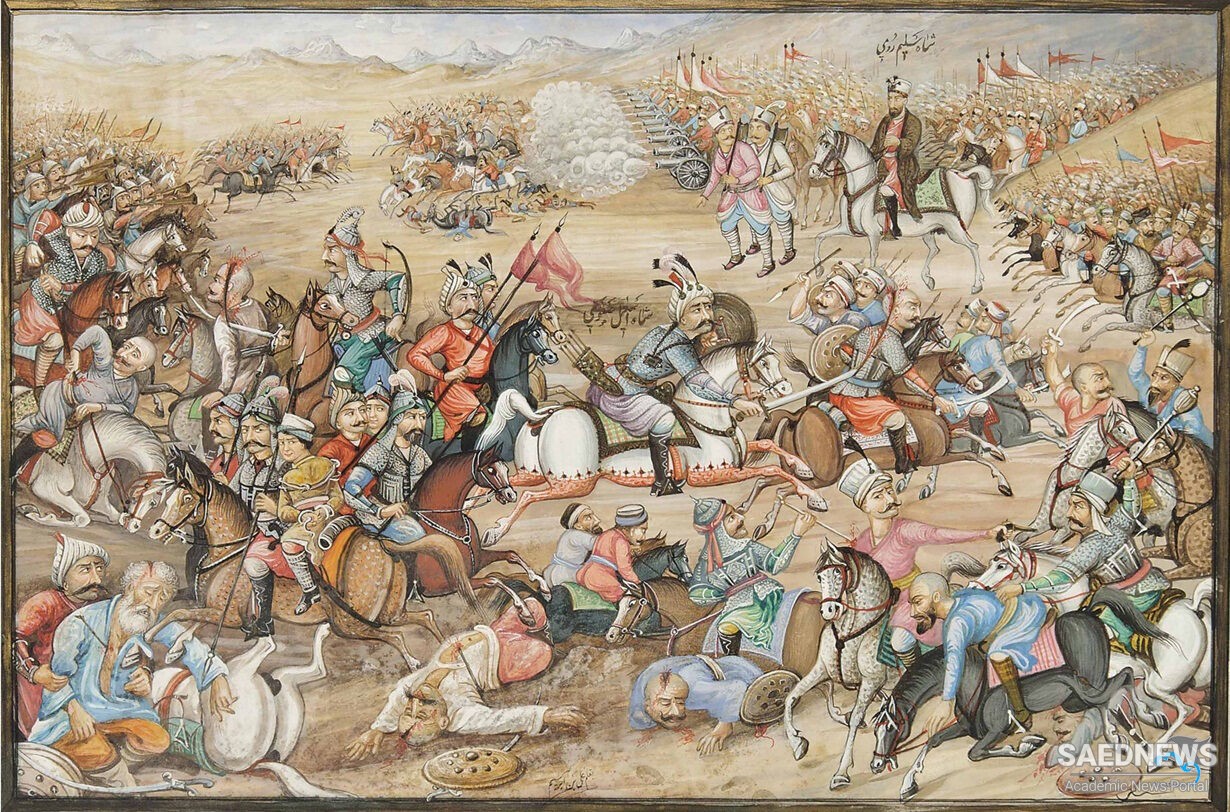Since 1969, Soviet and Iranian scholars have collaborated on the publication in Iran of critical editions of classical Persian literature, such as the Shah-nameh. Literary, historical, and archaeological investigations being carried out in the republics of Central Asia and the Transcaucasus are of great importance to the discipline. Catalogs of Iranian manuscripts in the major libraries of Leningrad, Tashkent, Dushanbe, Baku, and other cities have been published. Marxist Iranian studies in foreign socialist countries are developing, particularly in Czechoslovakia (J. Rypka, O. Klima, F. Tauer, J. Becka), Hungary (J. Harmatta, S. Telegdi), the German Democratic Republic (H. Junker, W. Sundermann), and Poland (F. Machalski). Many international congresses on Iranian studies have been held. Since 1931 there have been international congresses on Iranian art and archaeology (the third was held at Leningrad in 1935). Under the auspices of UNESCO an international congress on the Kushan question was held in Dushanbe in 1967; a symposium was held on art of the Timurid period (Samarkand, 1969); an international symposium was held on Persian-language poetry (Dushanbe, 1967). There have been international congresses of Iranian scholars, the first in Tehran in 1966 and the second in Rome in 1971. Soviet Iranian scholars participated in these sessions. The Corpus inscriptionum iranicorum was first published in 1957, and the preparation of an Atlas of the Iranian Languages is under way.


 Parthian Missile System: Ancient Military Technologies of Persia
Parthian Missile System: Ancient Military Technologies of Persia














































